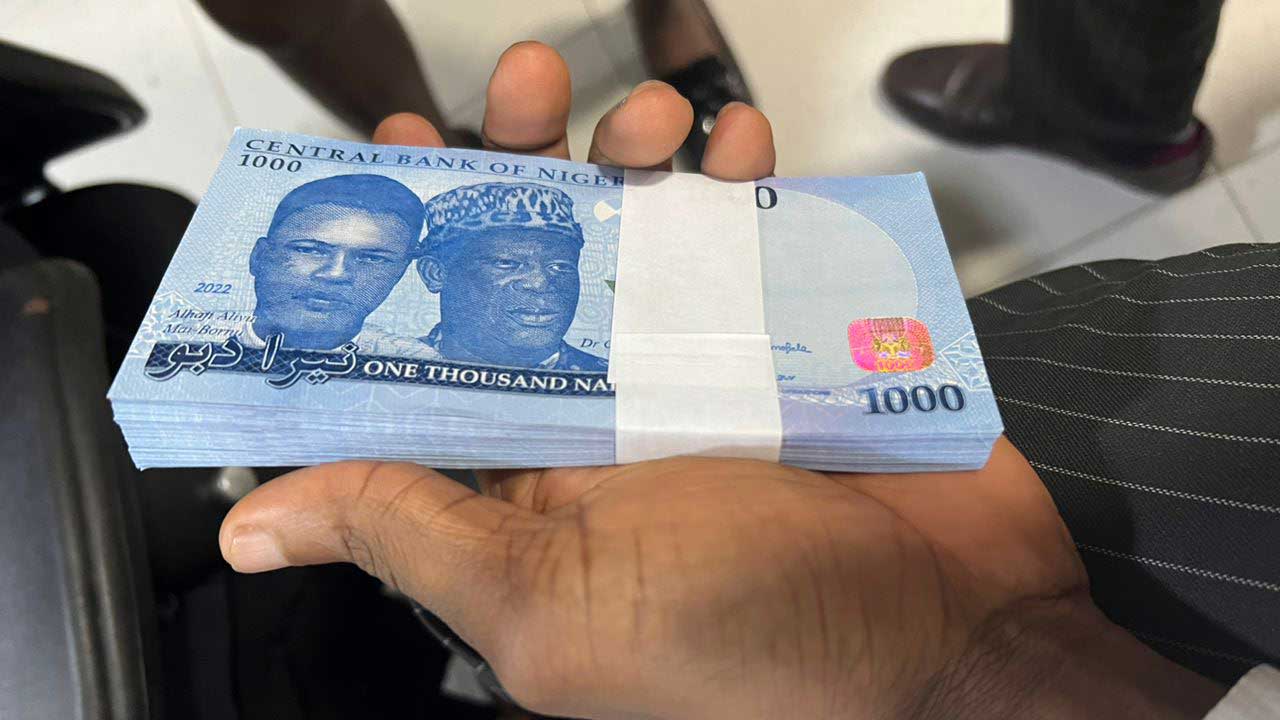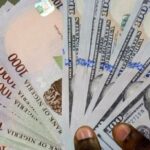Early January 1974, after the holiday, I had just reported back to the Kongo campus of ABU Zaria for the second term. I was, then, a Part 1 student in the Department of Business Administration. Two days later I made an entry into my diary: ‘Received my feeding money, N53.20.’ That was fifty-three Naira, twenty Kobo to feed me for the three months that was a term in the university calendar.
Let me confess. I have been an ardent diary keeper for more than 50 years now, daily trying to at least make an entry of humdrum activities, and commentahries about the environment. Whenever the year ends, it becomes an occasion to rummage through the diaries to make sense of life as it is now, juxtaposing it to what it was, then. I was on that pursuit these last few days when I stumbled on this entry into my 1974 diary. When I saw it, I was momentarily transfixed. I was wowed by the figure, probably dismayed by the present purchasing value of the naira.
However, when I regained composure, my mind went back to that period and recalled that N53 was a princely sum in 1974, which, as students, would tidy us successfully through the whole term. Most of the students from the six northern states were on a government scholarship. There was an orderly arrangement in place whereby the state governments deposited their students’ funds for accommodation and feeding with the university at the beginning of the session and whenever a term started the students just showed up at the accounts office on the campus to collect their dues without any hassle. There were other allowances but these were paid directly to the students by the states.
In 1974, the Naira as the Nigerian currency was just a year old. The country has been operating on the pound sterling currency since colonial times. By the early 1970s, Nigeria’s confidence has buoyed several notches up. A civil war has been decisively won and riches from our oil wells have made the country look economically strong. Our military rulers started flexing muscles and some of the policies of government were aimed at throwing off some of the unreasonable colonial yokes. A starting point was made in 1972 by changing the British-styled driving on the left to driving on the right to streamline our traffic movements with our neighbouring countries. Despite misgivings, that programme went off to a stupendous success.
- NIGERIA DAILY: Ways To Avoid Going Broke In January
- Nigerian companies raise N1.5 trillion from commercial papers in 2023
The next was the currency. The Nigerian pound which operated on the metric system like the British pound was considered cumbersome and anachronistic. The government decided to transfer to the decimal units which was more acceptable worldwide. Matters went into high gear and on 1st January 1973, the currency transformed to the decimal unit with naira as the new name. I recalled that as from that date, at inception, the naira exchanged for 10 shillings of the pound, in effect N2 to a pound at the time when the US dollar translated to British 1.551 pounds. It was an auspicious beginning for the naira as it was kept on an even keel throughout the remainder of the 1970s.
Despite a whirlwind of spending on infrastructure across the country plus massive increases in salaries and allowances to workers and the consequent inflation, the naira held on magnificently. Its purchasing power still retained some degree of reasonableness. As a member of the 1976/77 set of the NYSC, I earned a monthly allowance of N180 which was more than enough for me to live on, even though I served in Lagos considered as the most expensive place to live in Nigeria. I recall that at the end of the service year in July, I had savings of more than N500, which was good money for a young man building up a life. When I began fresh employment in Maiduguri the following August my monthly salary was less than N300 with a loan facility of N4800 which I immediately drew to purchase a new Peugeot car.
However, the naira started to get the battering of its life in the mid-80s from a combination of factors but mostly from unsavoury government policies. Yet the naira managed to squeak through the 1980s with a few knocks. As a civil servant in the Borno State Government from the late 1980s to the early 1990s, I earned a Permanent Secretary’s total emolument of less than one thousand naira (N1000) per month which was a comfortable living wage to cater for my burgeoning family.
The figures I have quoted above only illustrate the complete bewilderment of many of us when we use the naira today at all levels. Any comparison between what our currency can buy now with its performance a few years ago or many years back only leads to heartache. One has cause to worry for those on fixed income, particularly pensioners, whose standard of living has to suffer the vagaries inflicted on the naira. It is early in the day of the new government and we can only put them on the radar to see how they extricate us from this logjam.

 Join Daily Trust WhatsApp Community For Quick Access To News and Happenings Around You.
Join Daily Trust WhatsApp Community For Quick Access To News and Happenings Around You.


